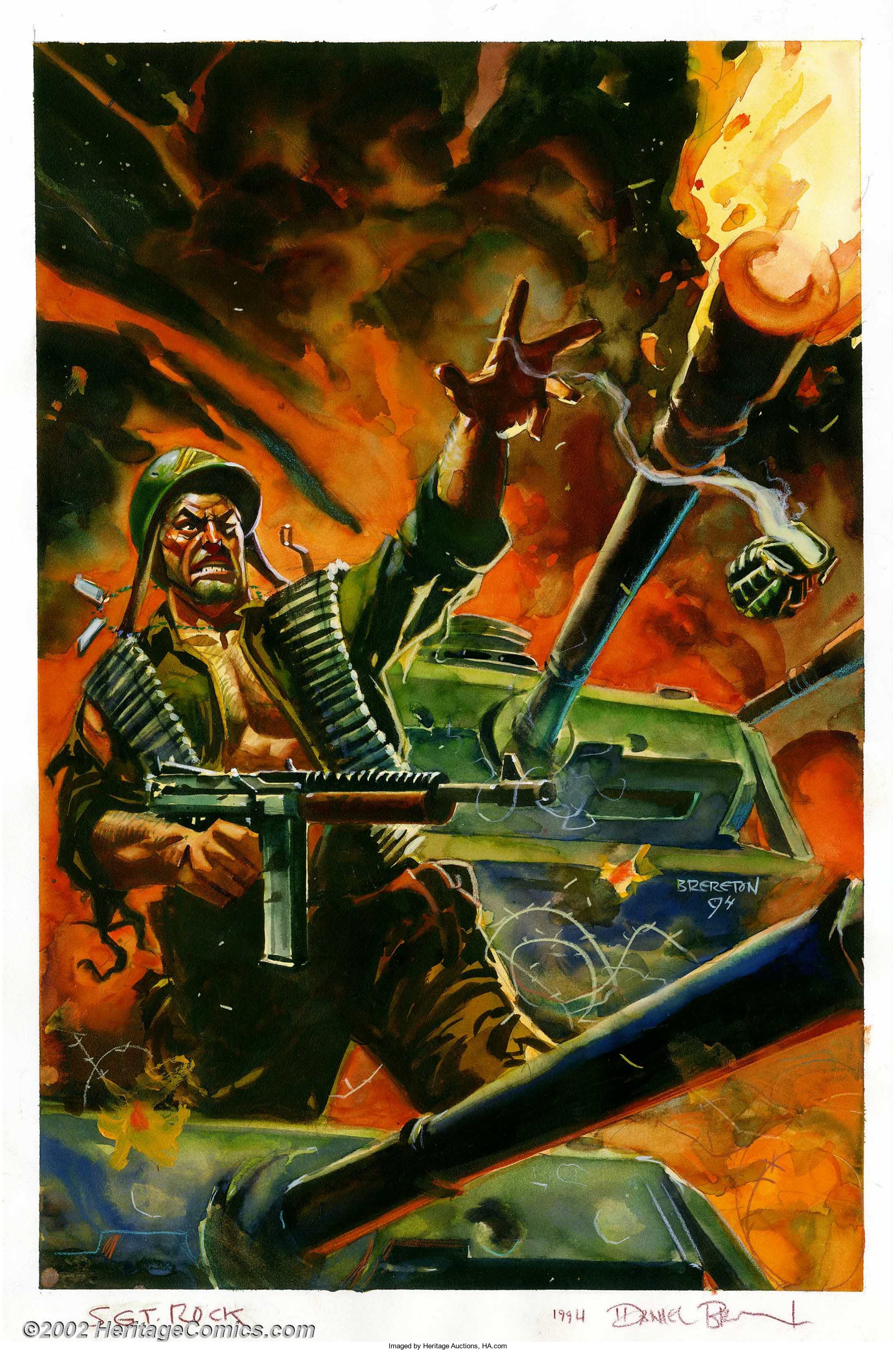
By Jim O’Neal
A monumental military engagement took place on the European western front between December 1944 and January 1945. It was one of the biggest and bloodiest battles of World War II. It involved 500,000 German, 600,000 American and 56,000 British troops. The American casualties of 82,000 made the “Battle of the Bulge” the costliest U.S. engagement of the entire war.
Beginning in early June on D-Day (the invasion of Normandy), the summer of 1944 was long, hot and weary for the German army. Then in July, the Allies broke out of Normandy and two German armies were forced back toward their homeland. On the eastern front, a massive Soviet offensive shattered the Germany army there, while two more German armies were forced up the Italian boot by American forces.
But by September, the Allied offensive came to a grinding halt after moving so fast that they ran out of fuel, ammunition and spare parts. As the Allies paused, the Germans stopped their retreat. On Dec. 16, 1944, much to the American’s surprise, the Germans started counterattacks in France.
The surprise German bombardment involved 600 light, medium and heavy guns, as well as the Nebelwerfer (multiple rocket launchers), followed by the German 6th Panzer Army in the north and the 5th and 7th Panzer divisions in the south. A thousand paratroopers were dropped behind Allied lines to cut off any support.
This massive German counteroffensive against the U.S. Army in the Ardennes was the brainchild of Adolf Hitler. “I have come to a momentous decision. I shall go over to the counterattack.” He had spotted an opportunity to divide the American armies and force them to sue for peace, which would allow the Germans to focus all their forces on the Soviets.
It almost worked.
But the Americans dug in at Bastogne, under the command of a tough, no nonsense officer, General Anthony McAuliffe. Despite little ammunition (10 rounds per day for each soldier) and some troops without guns and winter clothing, they repeatedly repulsed the German attacks.
However, they were gradually surrounded by German armored troops and on Dec. 22, four men carried a note to General McAuliffe asking for his “honorable surrender” or they would totally destroy Bastogne. McAuliffe’s quick reply is now legendary:
To the German Commander,
NUTS!
From the American Commander
The next day, the skies cleared, American reinforcements started pouring in and General George Patton’s tanks forged a narrow corridor to Bastogne. The Germans began to pull back on all fronts, so skillfully, in fact, that the Allies didn’t realize they were gone.
With very few reserves – and the Russians pressing from the east – it was now just a matter of time before the Allies secured the total defeat of Germany!
Intelligent Collector blogger JIM O’NEAL is an avid collector and history buff. He is President and CEO of Frito-Lay International [retired] and earlier served as Chairman and CEO of PepsiCo Restaurants International [KFC Pizza Hut and Taco Bell].
